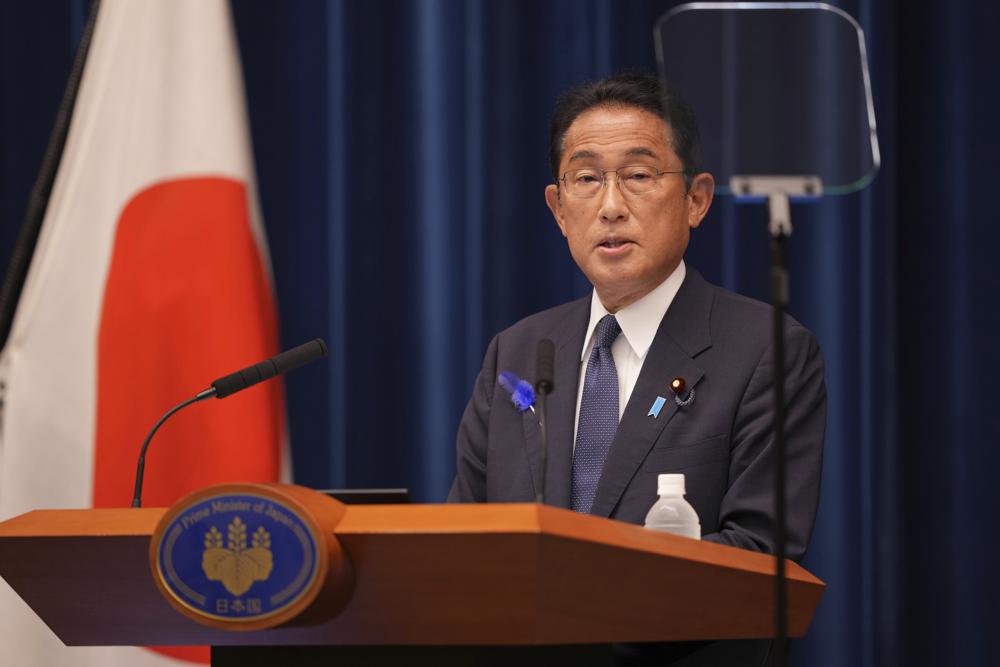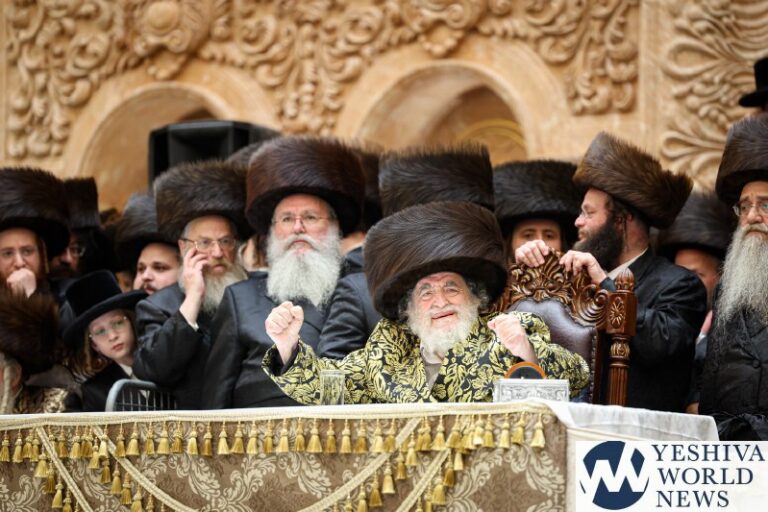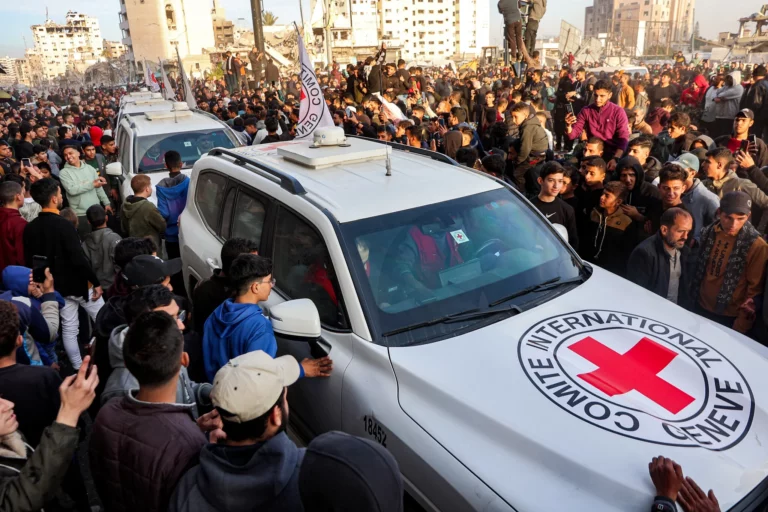Japanese Prime Minister Fumio Kishida on Thursday blamed inadequate police protection for the death of former leader Shinzo Abe, who was shot last week while giving an outdoor campaign speech.
Abe, one of Japan’s most influential politicians, was assassinated last Friday in Nara in western Japan, shocking a nation known for its low crime rate and strict gun control. Photos and videos of the shooting show the gunman was able to approach Abe from behind, while security guards were focused toward the front.
“I think there were problems with the security measures,” Kishida said.
Officials at the National Public Safety Commission and National Police Agency are investigating what went wrong and will compile measures in response, Kishida said. A team of national police officials arrived at Nara prefectural police headquarters Thursday for the probe.
“I urge them to carry out a thorough inspection and fix what needs to be fixed, while also studying examples in other countries,” he said.
Kishida also announced plans to hold a state funeral for Abe later this year, noting his contributions at home and in boosting Japan’s security alliance with the United States. Abe’s nationalistic views drove the governing party’s conservative policies.
“By holding a state funeral in memory of former Prime Minister Abe, Japan will show its determination not to cave in to violence and to firmly defend democracy,” Kishida said. “Japan will also show to the world its determination to keep up its vigor and open a path toward the future.”
A smaller funeral ceremony was held at a temple in Tokyo on Tuesday. A state ceremony would be only the second for a prime minister since World War II, following one for Prime Minister Shigeru Yoshida in 1967.
The use of tax money for a state funeral for the divisive leader received mixed reactions from opposition leaders. Democratic Party for the People leader Yuichiro Tamaki said many condolences were received from abroad and the plan is understandable, but Ichiro Matsui, head of the Japan Innovation Party, said it would require too much public money.
Abe was giving a speech in support of a governing Liberal Democratic Party candidate in last Sunday’s parliamentary elections when he was shot. The party and its junior coalition partner, Komeito, won a landslide victory in the polls, helped in part by sympathy votes for Abe. But his absence could trigger a power struggle in the wing of the party he led, shaking party stability.
A suspect was arrested immediately after the shooting and is being held for questioning for up to three weeks until prosecutors decide whether to press murder charges.
The suspect reportedly told police that he abandoned a plan to shoot Abe a day earlier at a speech in another city because of a requirement that bags be checked at the entrance.
Police and media reports say he told investigators that he killed Abe because of rumored links between the former prime minister and a religious group the suspect hated. The suspect, 41-year-old Tetsuya Yamagami, was reportedly upset because his mother made large donations to the Unification Church that bankrupted the family.
The assassination has shone a light on links between the Liberal Democratic Party and the Unification Church, which is known for its conservative and anti-communist beliefs and its mass weddings.
The Japan branch of the South Korean-based church confirmed on Monday that Yamagami’s mother was a member and that Abe was not. Abe has appeared in video messages to groups affiliated with the church.
(AP)











